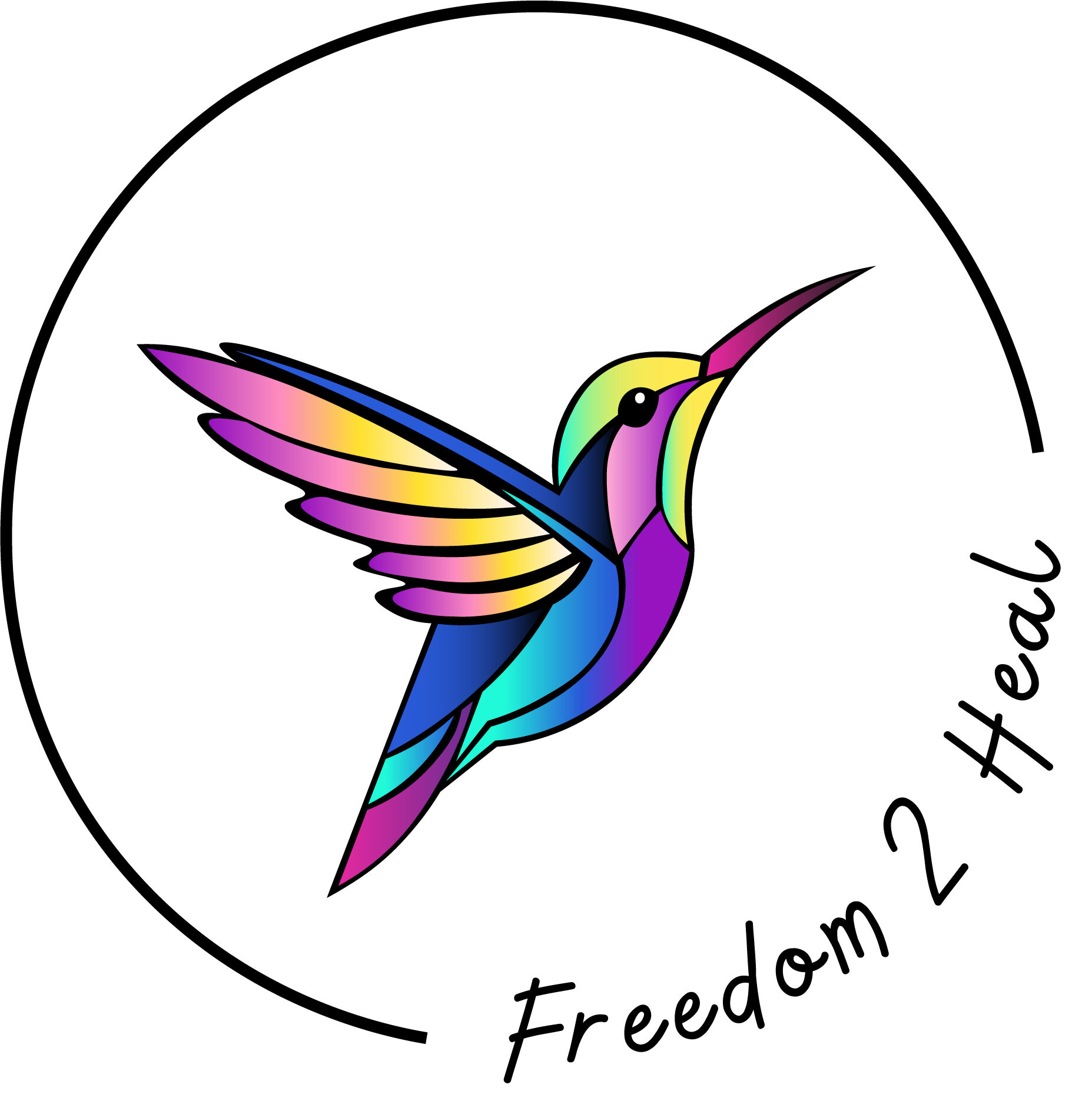5 Changes You Can Make Today to Reduce Your Risk of Burnout – For Healthcare Professionals
By Amanda Hipkiss-Torrance
Mental Health Nurse, Master NLP Coach, EFT and MRA Practitioner (October 2024)
On October 10th, it’s world mental health day (2024) and this year’s theme set by the World Federation of Mental Health ‘It is time to prioritise mental health in the workplace’.
This follows publications such as the recent Burnout Report by Mental Health UK (2024) that evidences the increase in Burnout amongst the UK workforce over recent years.
And other publications such as the CQC’s state of care (2022) that highlighted that healthcare workers are at increased risk of burnout, specifically NHS staff who are 50% more likely to experience high levels of work related stress compared with the general working population.

Having worked as a Mental Health Nurse I know all too well the pressures that healthcare professionals face on a day to day basis.
Such as dealing with people in pain, under stress, and sometimes experiencing some of the most difficult times of their lives, while working within a culture that encourages long hours and discourages breaks for little financial reward.

This is why I have chosen to support my colleagues to find ways to prioritise themselves in a system that places unrealistic and at times, unsafe expectations on us.
So, for World Mental Health Day, I am inviting you to make at least one change that challenges this culture, one simple change that puts you first and prevents you from becoming a statistic in another burnout report!
- Take a break
More than half (53%) of NHS workers say they cannot take regular breaks – UNISON (2022)
When working on a busy ward or with a caseload of complex patients, it can be easy to convince yourself that you do not have the time to take breaks. However, studies have found that breaks can reduce or prevent stress, help to maintain performance throughout the day and reduce the need for a long recovery at the end of the day. The Wellbeing Thesis (2019).
So not that you need it, this is your permission to press pause.
- Get outside
Being outdoors, especially in nature, is so good for our wellbeing. As well as the feel good factor of being out in the open, Vitamin D from direct sunlight helps with our mental and physical health.

Why not get your colleagues involved too, I remember starting a challenge a few years back. Having learned how just a 10 minute walk can reduce stress, I managed to recruit my team into integrating short walks into our day. Plus you get the added bonus of human connection and sharing which has even more wellbeing benefits!
- Set a boundary
Boundaries are guidelines that you put in place so that you can protect your own well being alongside ensuring that you are able to be the best version of you for your patients.
An example of boundaries in healthcare could be sticking to your schedule and saying no to overtime so that you can prioritise rest between shifts, not responding to calls or emails outside of your working day or saying no if asked to complete a task without the correct equipment or training.
- Do a self-care activity
Self care is so important to create resilience and keep stress at bay. Self-care is in essence anything we do for ourselves to look after our body, mind and soul.
Self care looks different for all of us. Maybe it’s a relaxing bath at the end of a shift, a coffee with a friend or taking a yoga class.

It doesn’t need to take long either. A 5 minute meditation, a few moments focusing on your breath or my personal favourite; a few rounds of tapping (EFT), can all reduce the stress that could lead to burnout!
- Request ‘Your Burnout Workbook – For Therapists, Coaches and Health Professionals’
This workbook is a self-help guide I have designed to help you figure out where you are on the ‘burnout scale’ and what you need to do next to get back to balance!
This workbook is for everyone, whether you are doing great, struggling or totally burned out, you will find this a helpful resource.
I would love to hear what you change today so please do feel free to drop me a note via my contact page.
I also recognise that even small changes can sometimes feel overwhelming, so if you would like some support with this you can book a discovery call here where we can talk about how we could work together.
References
Mental Health UK (2024). Burnout. [online] Mental Health UK. Available at: https://mentalhealth-uk.org/burnout/.
Mental Health UK. (2024). World Mental Health Day 2024 – Mental Health UK. [online] Available at: https://mentalhealth-uk.org/get-involved/mental-health-awareness-days/world-mental-health-day/.
The Wellbeing Thesis. (2019). The Importance of Taking Breaks. [online] Available at: https://thewellbeingthesis.org.uk/foundations-for-success/importance-of-taking-breaks-and-having-other-interests/#ref_1.
Unison (2022). ‘No breaks, no food’ culture leaving NHS staff hungry and affecting care, says UNISON | News, Press release | News. [online] UNISON National. Available at: https://www.unison.org.uk/news/press-release/2022/06/no-breaks-no-food-culture-leaving-nhs-staff-hungry-and-affecting-care-says-unison/.


